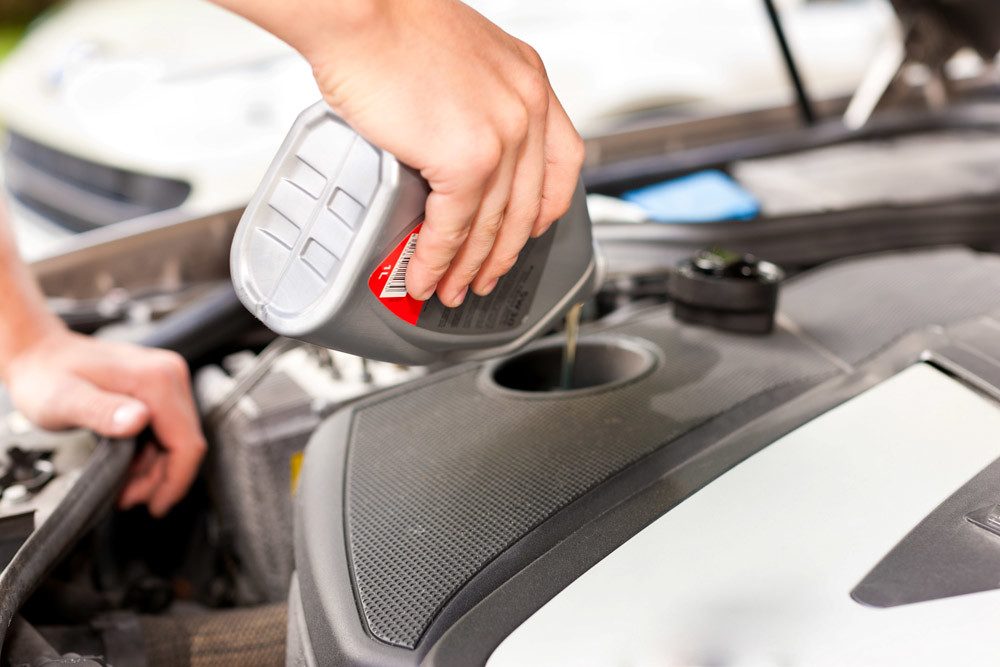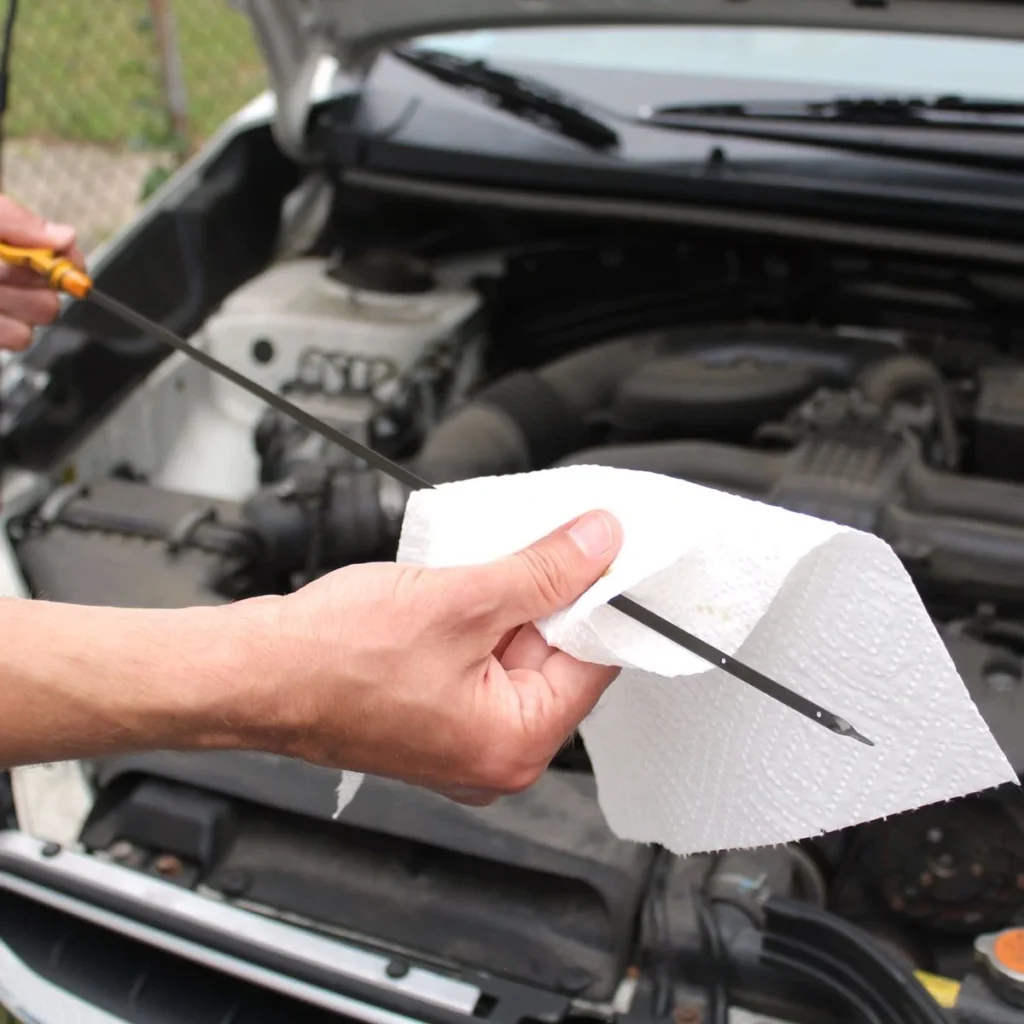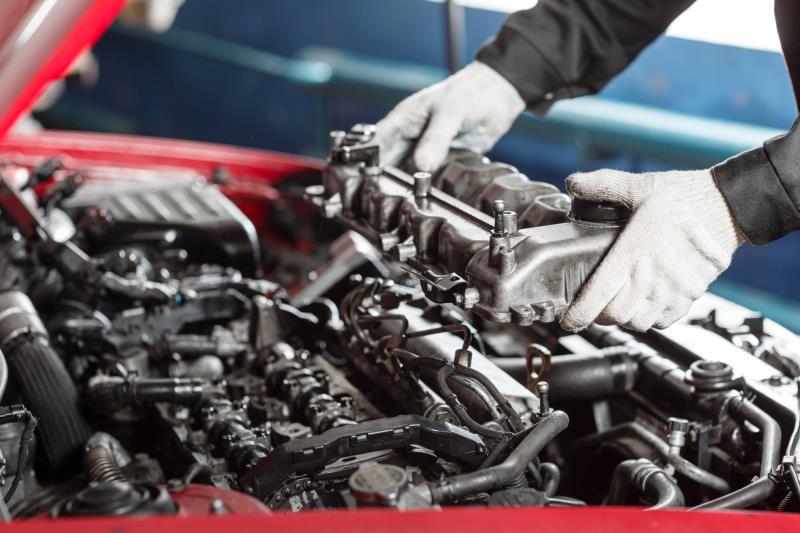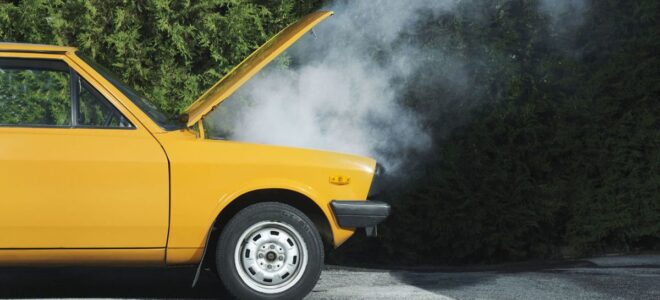Oil is a vital component of the car engine. It lubricates the engine, protects it from rust and corrosion, and cools it down. The oil also helps in the distribution of heat throughout the engine.
But running a car on too much oil can be dangerous as it leads to severe damage to the engine. Too much oil can lead to clogged filters, which will have an adverse effect on your car’s performance.
This article is about what happens when you run a car with too much oil in its engine. When cars use too much oil the excess oil is often burned off but can cause serious damage to the car in question.
Excess oil in an engine results from chipped or damaged seals, a broken gasket, or a loose connection. The excess oil is burned off by an inadvertent spark that has been allowed to jump across the gap between two pieces of metal and set fire to it.
This causes carbon buildup on top of the engine which can lead to increased wear and tear
Why You Should Never Drive Your Vehicle with Excess Engine Oil

Source: thenewswheel.com
Driving your vehicle with excess engine oil can cause a number of problems to occur. This can lead to a decrease in engine power, and even cause the engine to stop running altogether.
The reason for this is that the excess oil will seep into other parts of the engine, such as the pistons or valves. This will then lead to these parts not functioning properly, which means that your car won’t be able to run as it should.
We recommend that you never drive your vehicle with overfull engine oil in order to avoid any potential problems from occurring. Excess oil can cause a number of problems for your vehicle.
This can lead to an increase in engine power and even cause the engine to stop running altogether. The reason for this is that the excess oil will seep into other parts of the engine, such as the pistons or valves.
This will then lead to these parts not functioning properly, which means that your car won’t be able to run as it should. We recommend that you never drive your vehicle with overfilled oil. Click here to read more about driving with too much oil.
What are the Best Tips for Quickly Checking if you’re running on Too Much Oil

Source: familyhandyman.com
This paragraph will give you some tips to quickly check if your car is running on too much oil. There are many reasons why a car may be running on too much oil and in this article we will focus on the most common ones.
If you have any other questions about your car’s oil consumption, we recommend contacting a mechanic. Some of the most common causes for running on extra oil include:
- The car has too many miles on it
- Your car is old and due to age the engine may be wearing out.
This means more oil being burned as lubricant. This will cause an engine to run hotter, which will increase oil consumption. The car was previously not serviced regularly and oil has been burned with no fresh oil put in.
Common Signs that It’s Time to Replace Your Engine

Source: bmautorepairs.com
There are many signs that your engine may need to be replaced.
These include: –
- Your vehicle shaking or jerking when you accelerate
- The check engine light coming on or turning off sporadically
- Your gas mileage decreases dramatically.
- You smell gas burning
- Your vehicle doesn’t start or it dies before the engine is fully warmed up- your vehicle tends to stall out in traffic
- You have to constantly worry about your car breaking down Diesel Engine Problems
- You smell diesel burning- smoke is coming out of the tailpipe
- Your vehicle has trouble starting or it dies before the engine is fully warmed up
- Your gas mileage decreases dramatically
Conclusion
It is important to change your engine oil in a timely manner. It is best to change your engine oil every 7,500 miles or at least every 7 months. If you have a long commute.
When you change your engine oil, it is crucial to replace the old oil with new high-quality oil because this will help increase your car’s performance and reliability.




